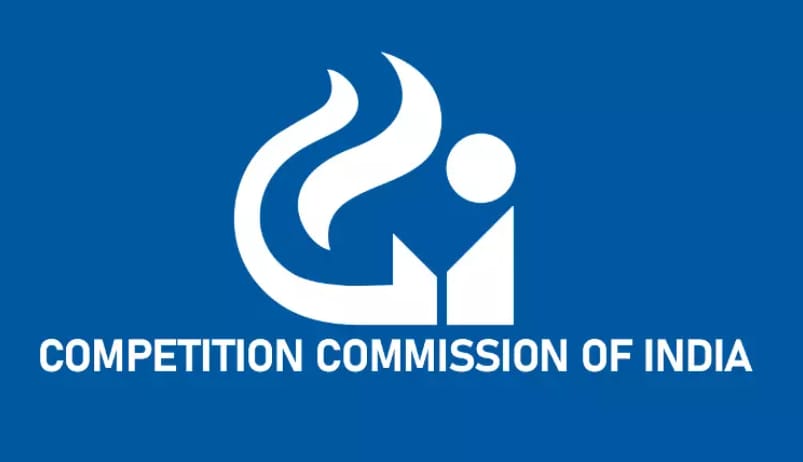In a development in the media cartelization probe, the Competition Commission of India (CCI) cloned the entire email database of former Indian Broadcasting and Digital Foundation (IBDF) President and other key officials of the broadcasting industry body. This action took place during raids conducted on March 18 as part of an ongoing antitrust investigation. Among the officials was K Madhavan who was leading IBDF. The watchdog’s sweeping raids targeted major advertising agencies, including Dentsu, Omnicom, Havas, Madison, IPG, GroupM, and Publicis. Industry bodies such as the Advertising Agencies Association of India (AAAI), the Indian Society of Advertisers (ISA), and IBDF were also raided, with operations spanning across Delhi, Mumbai, and Gurugram.
During these high-profile raids, CCI officials cloned data from senior executives, examining emails, call logs, financial transactions, and contracts involving advertisers, broadcasters, and media agencies. A senior CCI source confirmed that data from former IBDF President K Madhavan, IBDF Secretary General Siddharth Jain, and Secretary Radhakrishnan Nair was cloned and is now under review.
An industry insider further revealed that IBDF’s Secretary General was questioned extensively. “His statement was recorded, and CCI officials probed his role at IBDF, the functioning of industry bodies, and the guidelines they followed. They also sought details about any recent meetings held between the three industry bodies under investigations,” the source said.
An IBDF official declined to comment on the matter. This article will be updated if the industry body provides a formal response.
The crux of the investigation revolves around whether these industry bodies colluded to fix commissions, manipulate pricing, or restrict fair competition. The CCI is looking for evidence of price-fixing, pre-determined ad rates, or bidding practices that may have favored select companies—potential violations under Section 3(3) of the Competition Act, 2002. This section prohibits agreements within the same industry that directly or indirectly influence pricing or hinder competition.
Authorities are analyzing internal emails, pricing agreements, meeting records, and other documents that could confirm anti-competitive behavior.
Amid this ongoing probe, Finance Minister Nirmala Sitharaman had informed the Lok Sabha that the government has bolstered cartel investigations by incorporating the Hub-and-Spoke mechanism into Section 3(3) of the Competition Act through the Amendment Act of 2023.
This addition ensures that even enterprises or individuals not directly engaged in a particular trade can be implicated if they are found to be facilitating an anti-competitive agreement. This new legal provision places AAAI, ISA, and IBDF firmly under the microscope in the current investigation.
Expanding its probe beyond traditional media agencies, the CCI is now also examining alleged malpractices in the digital advertising space. As the investigation unfolds, the industry watches closely to see if the CCI’s crackdown will lead to greater accountability – or if this is just the beginning of deeper regulatory action in India’s media and advertising landscape.
